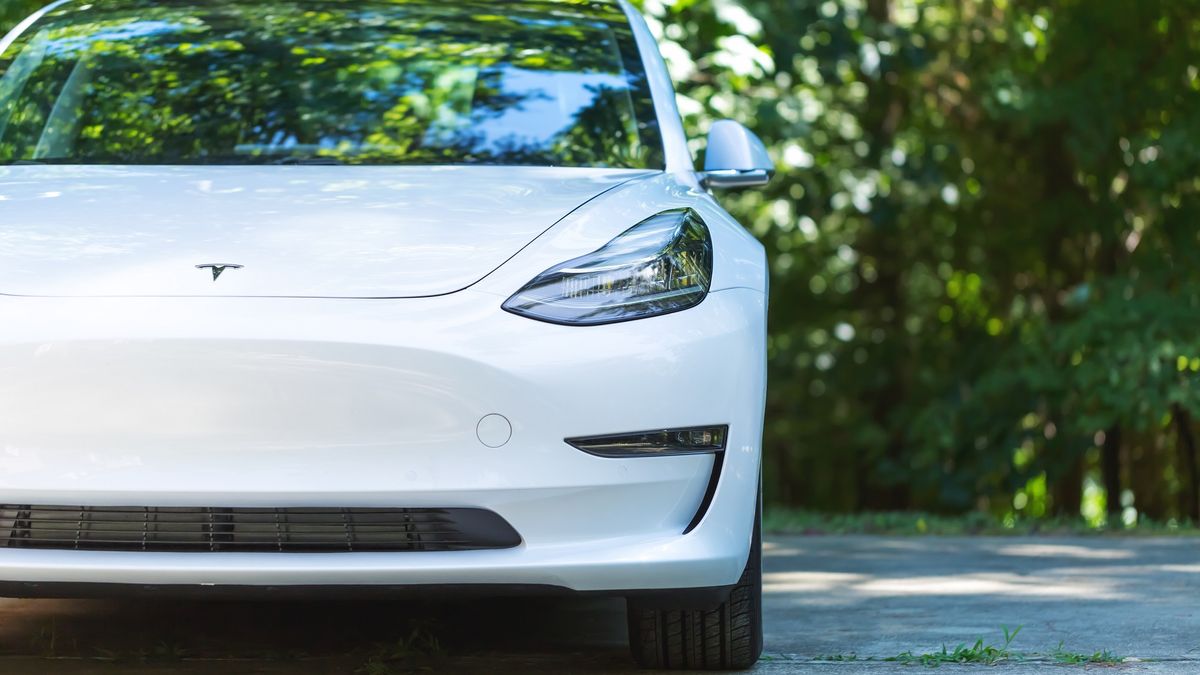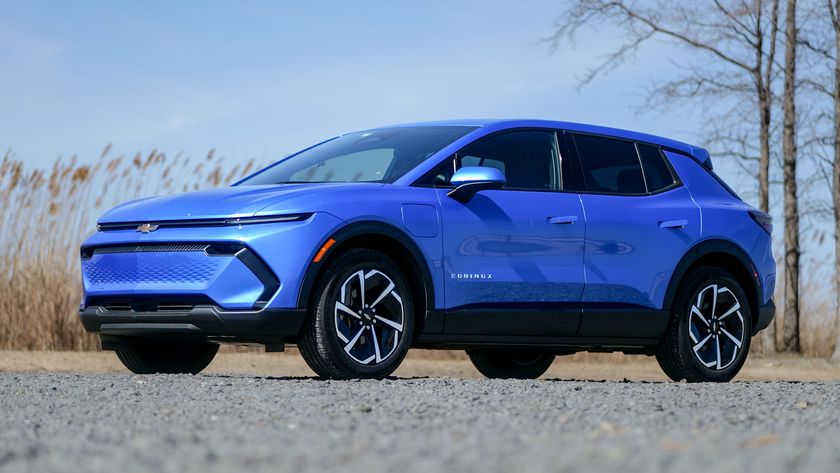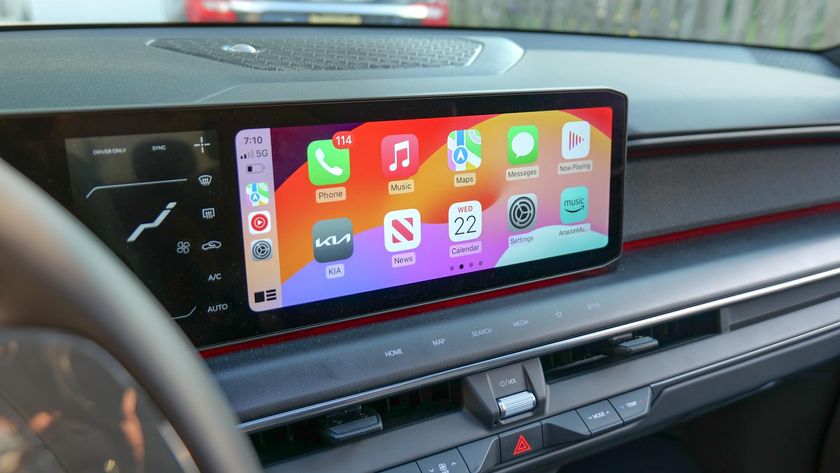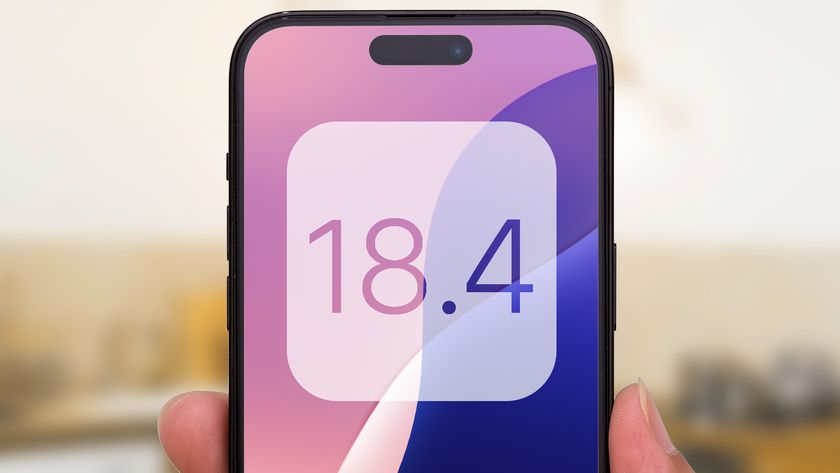Electric cars just hit a wall — and it’s the new EV tax credit
New eligibility criteria is a serious hurdle for the majority of electric cars

Late last month it was announced that the federal EV tax credit was being expanded. Sales-based eligibility is going away, with new requirements focusing on where and how electric cars are made. Unfortunately, according to the Alliance for Automotive Innovation, this means most electric cars on the market won’t be eligible.
According to the lobbyist group, there are 72 electric car models on sale in the United States — a figure that includes plug-in hybrids and hydrogen fuel cell vehicles. Of those 72, the group claims that 70 percent will be ineligible under the new tax credit rules.
The new eligibility criteria says that by 2024 40% of battery materials will need to be sourced from North America or a country the U.S. has a free-trade agreement with. By 2029 100% of battery components would need to be made in North America.
Batteries with minerals that “were extracted, processed, or recycled by a foreign entity of concern,” are ineligible for the credit. Crucially, that category includes China — a nation that has long-dominated the battery market. According to Benchmark Mineral Intelligence China currently controls 79% of the world’s lithium-ion battery manufacturing capacity.
As such, none of the electric cars currently on the market would qualify for the EV tax credit by 2029. Or so says the Alliance for Automotive Innovation.
In other words, the United States really needs to ramp up battery production, and fast; otherwise, claiming the EV tax credit is going to be all-but impossible. As John Bozella, CEO and president of the lobbyist group, wrote in a blog post “The $7,500 credit might exist on paper, but no vehicles will qualify for this purchase incentive over the next few years.”
Bozella says that the auto industry shares the U.S. government's ambition to reduce its dependence on China and other “non-allied nations — and the process is already underway. But it’s a lengthy process, and it won’t be happening overnight. And without the tax credit, Bozella argues, it will be a major setback for electric car adoption.
Sign up to get the BEST of Tom's Guide direct to your inbox.
Get instant access to breaking news, the hottest reviews, great deals and helpful tips.
I’m inclined to agree with him on that point. Electric cars are expensive, several thousand dollars more than a comparable gasoline-powered car, and financial incentives can boost the appeal of making the switch. More so with gas prices being as high as they are.
The auto industry isn't giving up
The argument the alliance is making is that these restrictions should be phased in more gradually — to give domestic manufacturing a chance to boost its own capacity. Bozella also suggests expanding eligibility to include military allies, citing NATO members and Japan as two examples.
Politico also notes that there are other possibilities for the auto industry, citing waivers to “Buy America” programs as an example. The site notes that some components, like steel, are significantly cheaper when imported from overseas. Last year’s infrastructure bill also included stricter Buy America rules, but those requirements were temporarily waived almost immediately so local governments had the time to adapt.
In other words, this means there are already-established ways for the auto industry to get around the new eligibility criteria without customers losing the $7,500 tax credit. Whether any of them will be successful is something we’ve yet to see.
The Zero Emission Transportation Association, which represents companies like Tesla and Rivian, claims that it won’t be seeking waivers. Executive Director Joe Britton told Politico that its members have been instead asking Congress to extend compliance deadlines by 12 to 18 months. That would give the electric car industry more time to get its house in order.
The bottom line is that while this looks bad, the auto industry is doing what it can to ensure as many electric cars are eligible for the tax credit as physically possible. We can also be pretty thankful that the bill passed the way it did.
Florida Senator Marco Rubio filed an amendment that would immediately require automakers to source 100% of batteries from either the U.S. or free-trade affiliated countries. If he had been successful it would have essentially killed the EV tax credit for several years.
The expanded EV tax credit passed through the Senate on August 7 as part of the Inflation Reduction Act. It's set to be voted on by the House of Representatives on August 12. If successful the new rules will come into effect from January 1, 2023.
Next: Here's everything you need to know about the new EV tax credit and how to get it.

Tom is the Tom's Guide's UK Phones Editor, tackling the latest smartphone news and vocally expressing his opinions about upcoming features or changes. It's long way from his days as editor of Gizmodo UK, when pretty much everything was on the table. He’s usually found trying to squeeze another giant Lego set onto the shelf, draining very large cups of coffee, or complaining about how terrible his Smart TV is.












